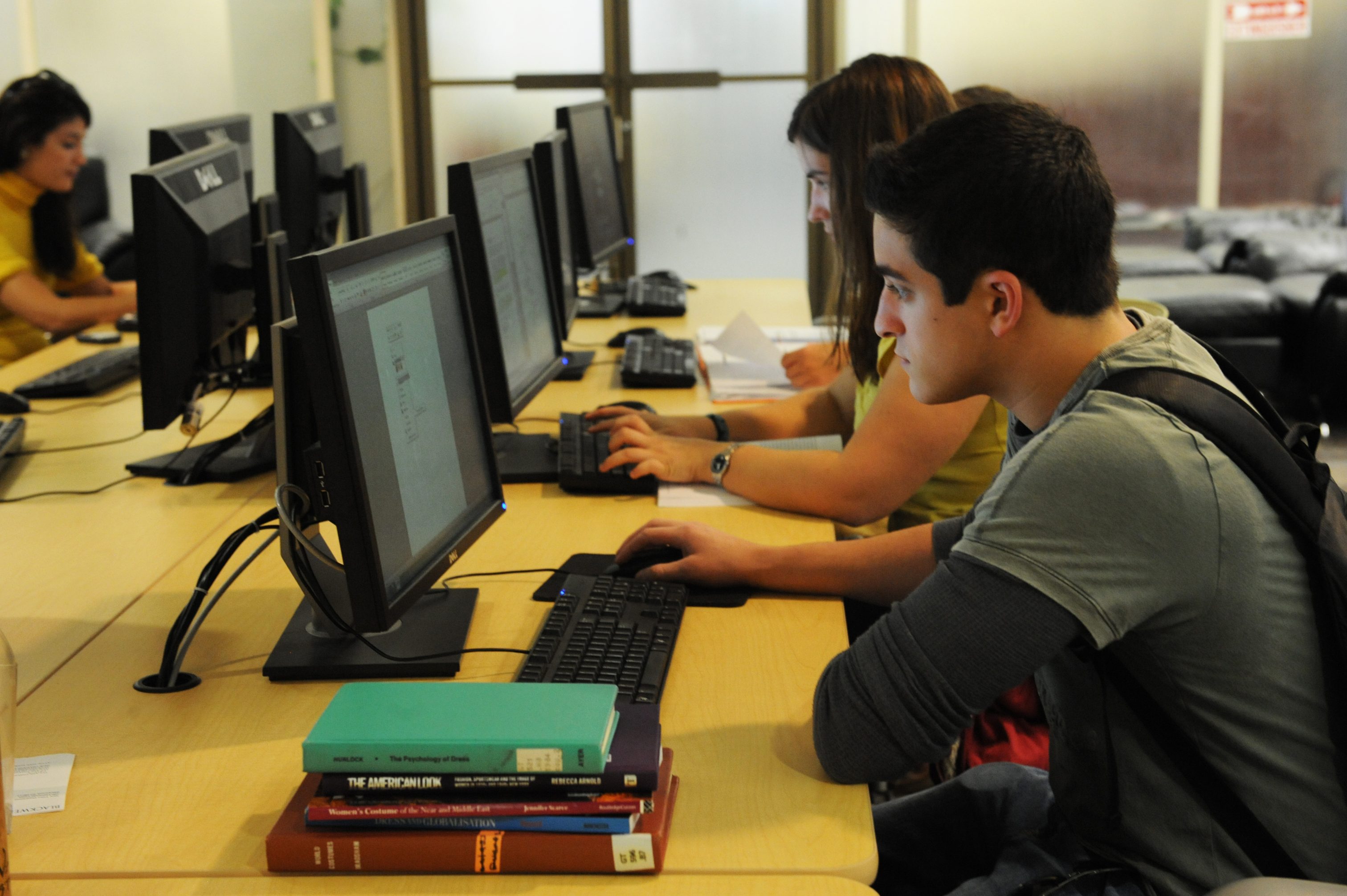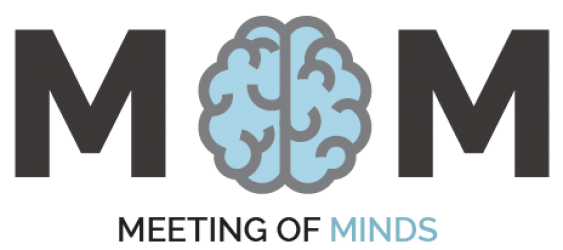Students Use of Social Media in Academia
Students use a variety of social networks both generally, and to support their academic work. In the past some universities have set up social networks for students, but many universities now just connect into mainstream platforms such as Twitter and Facebook.
Social media is being used broadly across higher education, and some applications are specifically designed for education.
Much of the literature on social media and higher education focuses on the integration of social media websites into the classroom, but social networks in education can have a wider reach and impact than this.

creative commons image from https://pixabay.com/en/social-media-blogging-marketing-439155/
Interesting from the perspective of the design of the ‘MeetingoMinds’ site, more than a quarter of students are using social networking sites to get in touch with their tutors . These findings came from a survey by the education technology charity Jisc (Parr, 2015),
Student Use of Social Networks to Support Academic Outcomes
There have been studies showing positive relationships between online discussion and knowledge sharing with student learning (e.g Eidlbrahim and Al-Jabri, 2016). Other studies, however, have found a negative relationship between social media use in learning, and student performance. Leyrer-Jackson and Wilson (2017) provide an overview of such findings as well as specific findings from their own research project.
A recent study of 1658 students found that digital technologies were central to ways in which students experienced their studies, but that digital technologies were not transforming the nature of university teaching and learning (Henderson, Selwyn, and Aston, 2015) .

By Tulane Public Relations – Flickr: DSC_2739, CC BY 2.0, https://commons.wikimedia.org/w/index.php?curid=12800380
Academic achievement appears to be one of the areas in which similarities lead to connections, which means that ‘students tend to socially network with other students of a similar level of achievement. Given the initially even distribution of good and poor performers within a network, over time students tend to establish new connections with peers who perform at the same level and unfriend those who are the least similar to them in terms of academic achievement’ (Smirnov and Thurner 2017).
This could be perpetuating close knit peer groups of the ‘successful elite’ and thus inequality. Research has found that one crucial factor determining a student’s academic success is who they socialise with.
One of the issues now being investigated in social network studies, is how far social networks result in the creation of new social contacts and outcomes, rather than supplementing existing physical networks. (Althoff, Jindal and Leskovec 2017).
Shared Social Networks for Students and Academics
It has been suggested there may be a positive impact from social networking ‘on the climate within the classroom when students see staff as approachable, however there may be dangers in a negative impact on respect and credibility’. The other issue is that students may see academics as having invaded their space .. and may migrate to other social networking sites’ (Palmer et al 2008) .
Research has suggested both students and academics can be nervous about privacy when using social networks in a learning environment.
It has not been possible to locate specific research of student use of academic social network sites, or how students and academics might be communicating view these sites. There are, however, some shared social networks for academics and student researchers.
MethodSpace is a multidimensional online network for the community of researchers, from students to professors, engaged in research methods. The site is created for students and researchers to network and share research, resources and debates. This includes the option to set up interest groups.
Other Universities e.g Reading, have their own social network for researchers, as does Edinburgh (this includes PhD students.)
By Nina Schuller
References
Althoff, T., Jindal, P., & Leskovec, J. (2017). ‘Online Actions with Offline Impact: How Online Social Networks Influence Online and Offline User Behavior’. Proceedings of the International Conference on Web Search & Data Mining. 1 Mar. 2018., pp 537–546. http://doi.org/10.1145/3018661.3018672
Bond R, M, Chykinab, V, and Jason, J (2017) ‘Social network effects on academic achievement.’ The Social Science Journal. 54(4), pp 438-449. https://doi.org/10.1016/j.soscij.2017.06.001
Eidlbrahim, M,I M, and Al-Jabri, M (2016) ‘Social networking, knowledge sharing, and student learning: The case of university students’. Computers & Education, 99. pp 14-27 https://doi.org/10.1016/j.compedu.2016.04.007
Henderson, M., Selwyn, N., Aston, R (2015) What works and why? Student perceptions of ‘useful’ digital technology in university teaching and learning. Journal Studies in Higher Education. 42 (8) pp 1567-1579. https://doi.org/10.1080/03075079.2015.1007946
Leyrer-Jackson, J and Wilson, A, K (2017) The associations between social-media use and academic performance among undergraduate students in biology. Journal of biological education. https://doi.org/10.1080/00219266.2017.1307246
Palmer, N, Batola, J, Jones, M and Baron, S (2008 ) ‘Social networking sites within Higher
Education – threat or opportunity?’ Southampton Solent University, UK. Available on https://www.heacademy.ac.uk/system/files/p038-palmer_0.pdf (Accessed on 1 March 2018)
Parr, C (2015) ‘One in four students uses social media to contact university staff.’ The Times Higher Educational. 26 February. Available at https://www.timeshighereducation.com/news/one-in-four-students-uses-social-media-to-contact-university-staff/2018798.article (Accessed 17 March 2018)
Smirnov, I., and Thurner, S (2017) ‘Formation of homophily in academic performance: Students change their friends rather than performance’. PLOS ONE, 12 (12), https://doi.org/10.1371/journal.pone.0183473
Tbaishat D. (2017) ‘The Role of Social Network Sites in Connecting Students with Learning and Academic Activities: A Case Study.’ In: Taha N., Al-Sayyed R., Alqatawna J., Rodan A. (eds) Social Media Shaping e-Publishing and Academia. Springer, Cham
